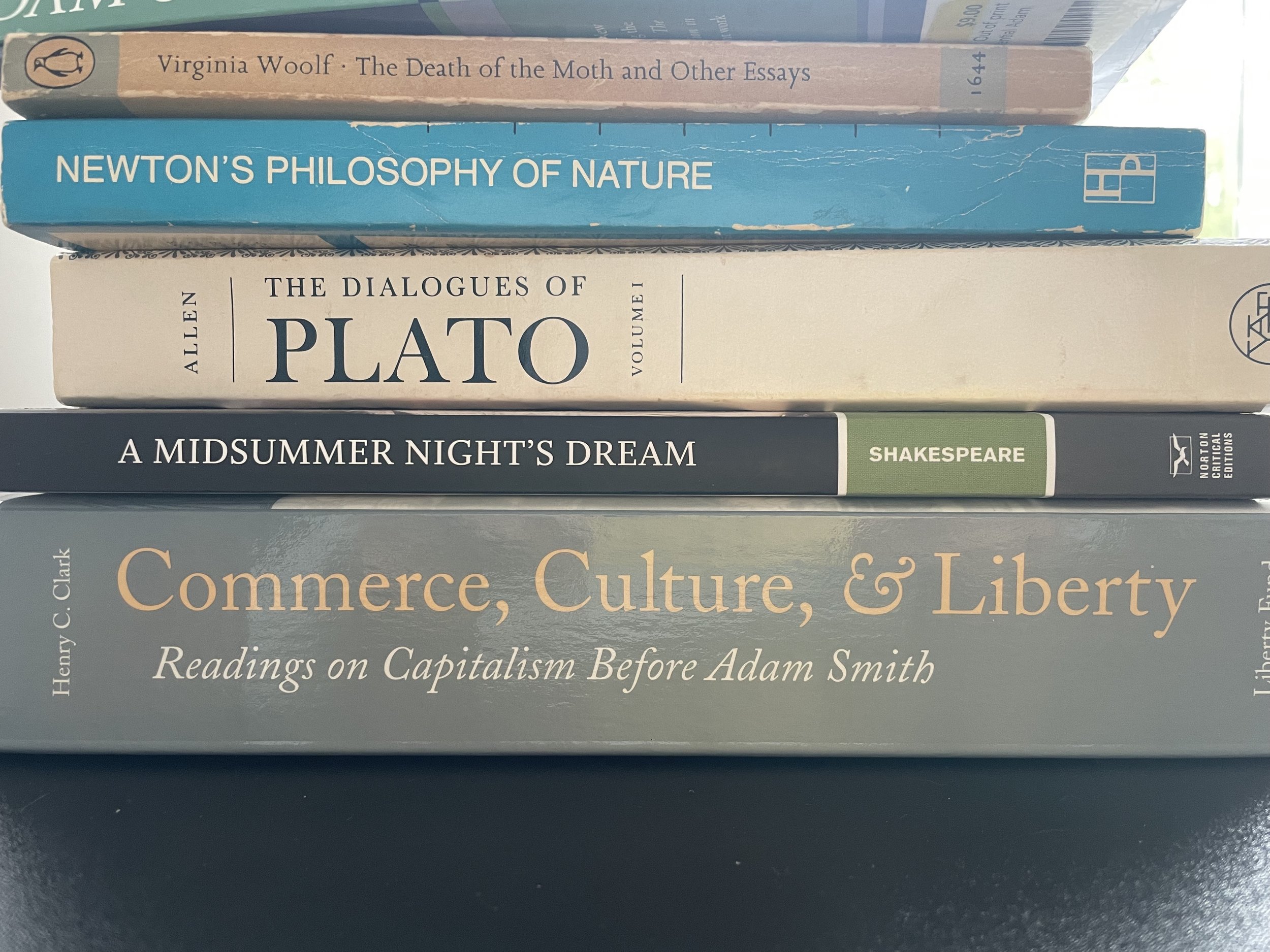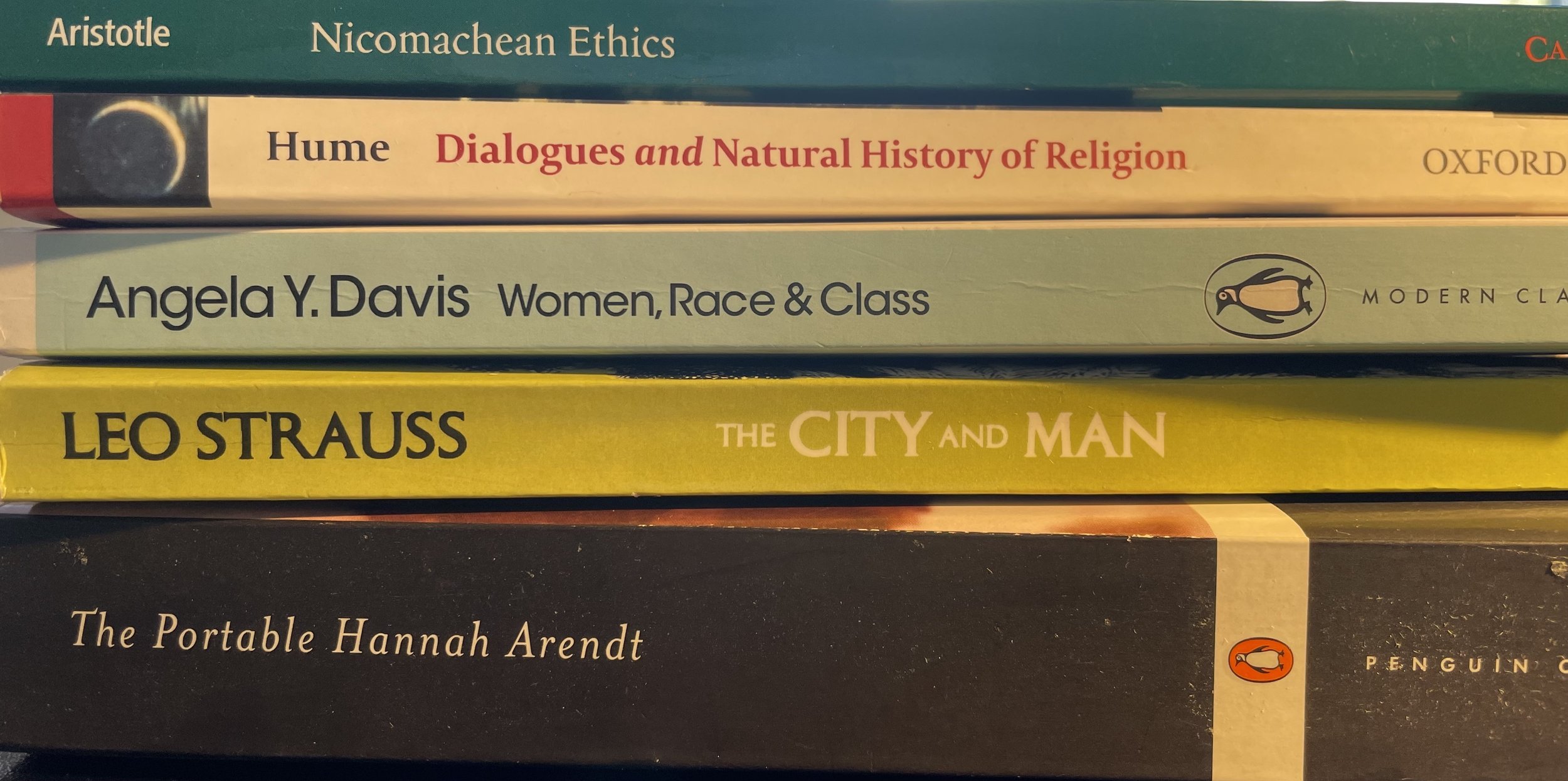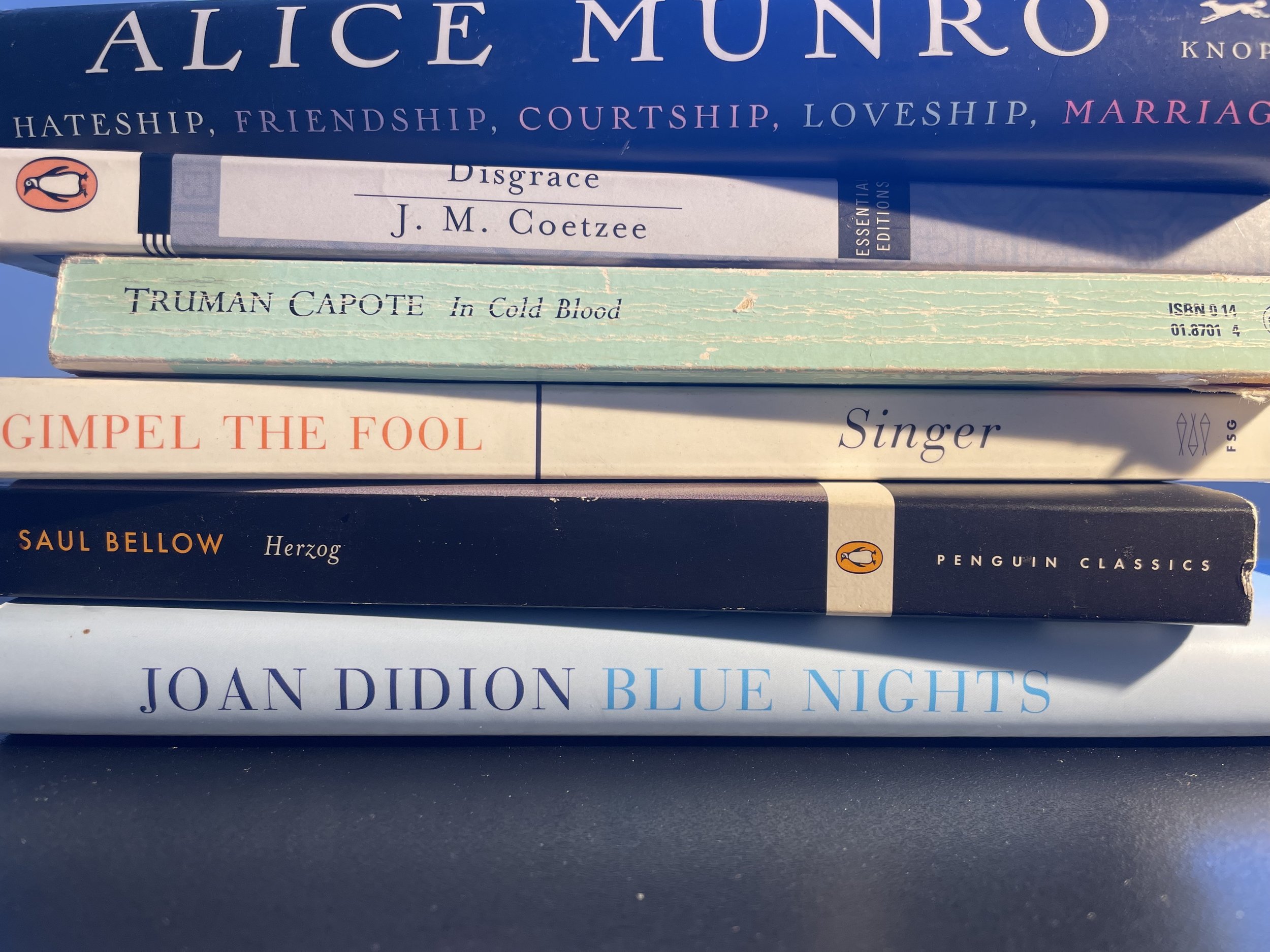
About me
I was born and grew up in New York City. I discovered books, art, and opera while in high school and spent most of my free time reading or at one of the two Mets. After a year at Brown University, I enrolled at the University of Chicago where I studied political philosophy, art history, and ancient Greek. After college, I spent two years in Paris and Jerusalem studying philosophy and watching lots of old movies. I returned to Chicago as a student in the Committee on Social Thought in 2002. I later I switched into the doctoral program in Bible and Ancient Near Eastern Studies at New York University, which I completed in 2012. I received the Jonas C. Greenfield Award for Younger Semitists in 2013 in recognition of my scholarly work on the relationship between politics and poetry in the Late Bronze Age. Over the years, I have lectured to audiences at Harvard, Yale, Columbia, the University of Virginia, the University of Toronto, Notre Dame, UC Berkeley and many other colleges and universities in the United States and throughout the world. In 2023, I was made an Associate Fellow of the Hannah Arendt Center for Politics and Humanities and joined the advisory committee to the Center for Humanities Education at the National Library of Israel. I currently teach for the Thomas Jefferson Center at the University of Texas at Austin and for the University of Chicago’s Basic Program of Liberal Education.
In October 2024, I founded The Abarbanel Institute as a vehicle for providing Jewish high school students with opportunities to deepen their understanding of the world and the Jews’ place within it. The Institute is named after Don Isaac Abarbanel—the fifteenth-century statesman, Bible commentator, and finance minister to the Portuguese and Spanish crowns—because he embodies the interconnected ideals of knowing the world and serving the Jewish people. It’s first Summer Seminar, Judaism and the Challenge of Modernity, will take place in July 2025 in the Netherlands.
I love teaching great works of literature, philosophy and religious thought. My first sustained teaching position was at the Gallatin School of Individualized Study at NYU, where I designed and taught a series of courses on the relationship between religion and politics. I have since held teaching positions at the University of Munich, the University of Chicago (where I was a Harper Fellow teaching in the college’s acclaimed Humanities Core), and Bard College Berlin. While in Chicago, I co-organized two international conferences: Does Liberal Education Need Saving? and Inhabiting Omeros (on the poet Derek Walcott). At Bard College Berlin, I served as the inaugural director of the Science and Religion Project and organized numerous lectures and colloquia to promote humanistic inquiry on campus. I have also taught at institutions from Ecuador to India—including a seminar on Musa Ibn Maymun (Maimonides) at the Cairo Institute of Liberal Arts and Sciences in Egypt—and online through the Tikvah Online Academy. In 2021, I returned to New York to become Chair of the History Department at the Ramaz Upper School, introducing philosophy courses into the curriculum and building a program that took students to bookstores and cultural events throughout the city. While I stayed at Ramaz for only two years, the experience solidified my commitment to exposing students to liberal education before they attend college. In recognition of my dedication to students, the Ramaz graduating class of 2023 honored me with the school’s annual teaching and mentorship award.
Over my fifteen years of teaching, I have worked with students of all ages and backgrounds—from inner-city elementary school students engaging with artworks in a museum and former yeshiva students grappling with St. Paul’s critique of Judaism to military veterans debating the appropriateness of Pericles’ “Funeral Oration” as a eulogy for fallen soldiers and inmates of a medium security prison grappling with Herodotus’s travel accounts. In all these encounters, I have sought to expose my students to liberal education as both a communal activity and a process of individual flourishing. By questioning our most cherished commitments we can grow intellectually as honest and engaged human beings—a process both fundamentally unsettling and deeply rewarding.
Contact me for information about upcoming online courses for adults and teens.
“Both my kids are really loving your class!”


